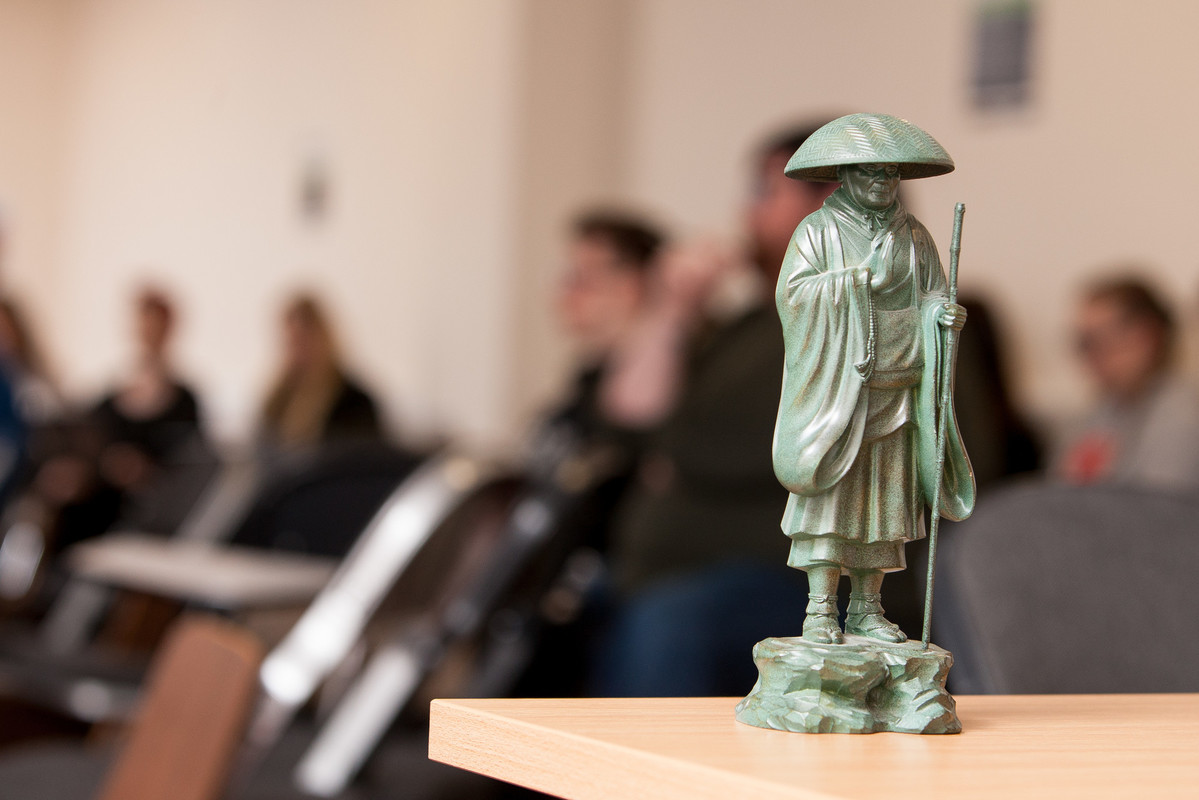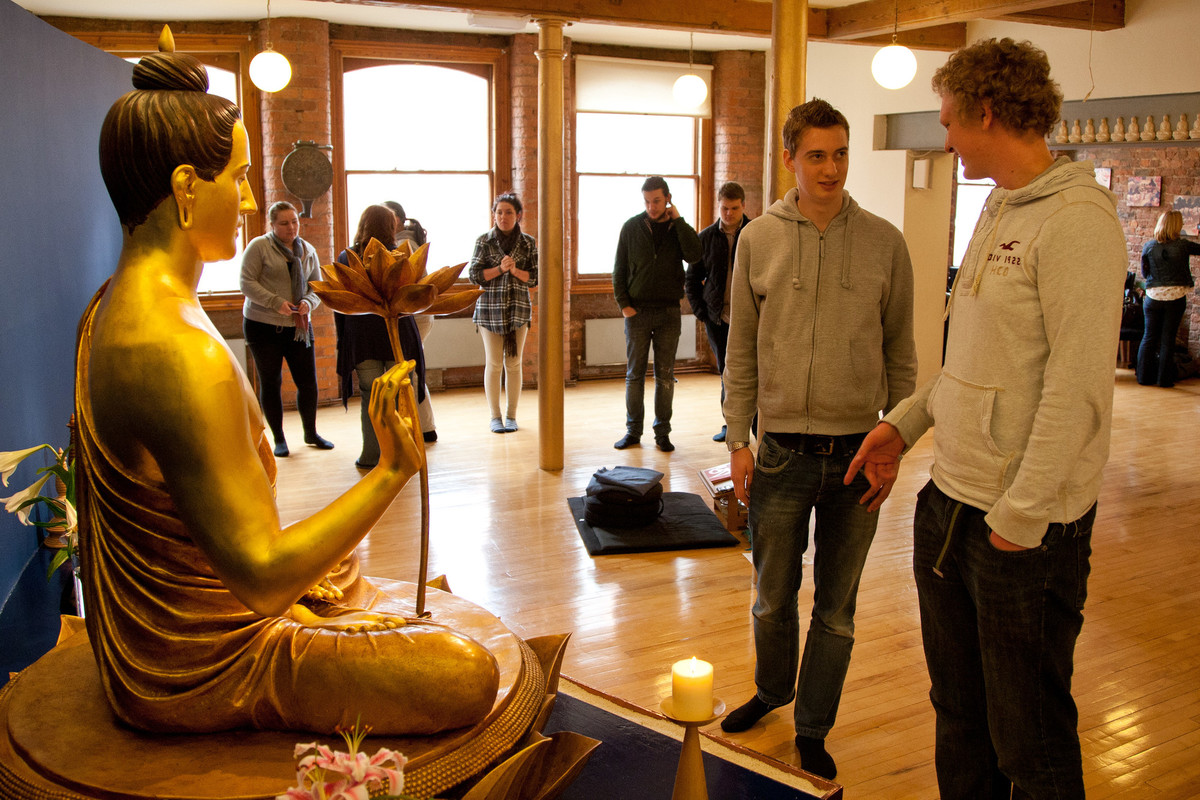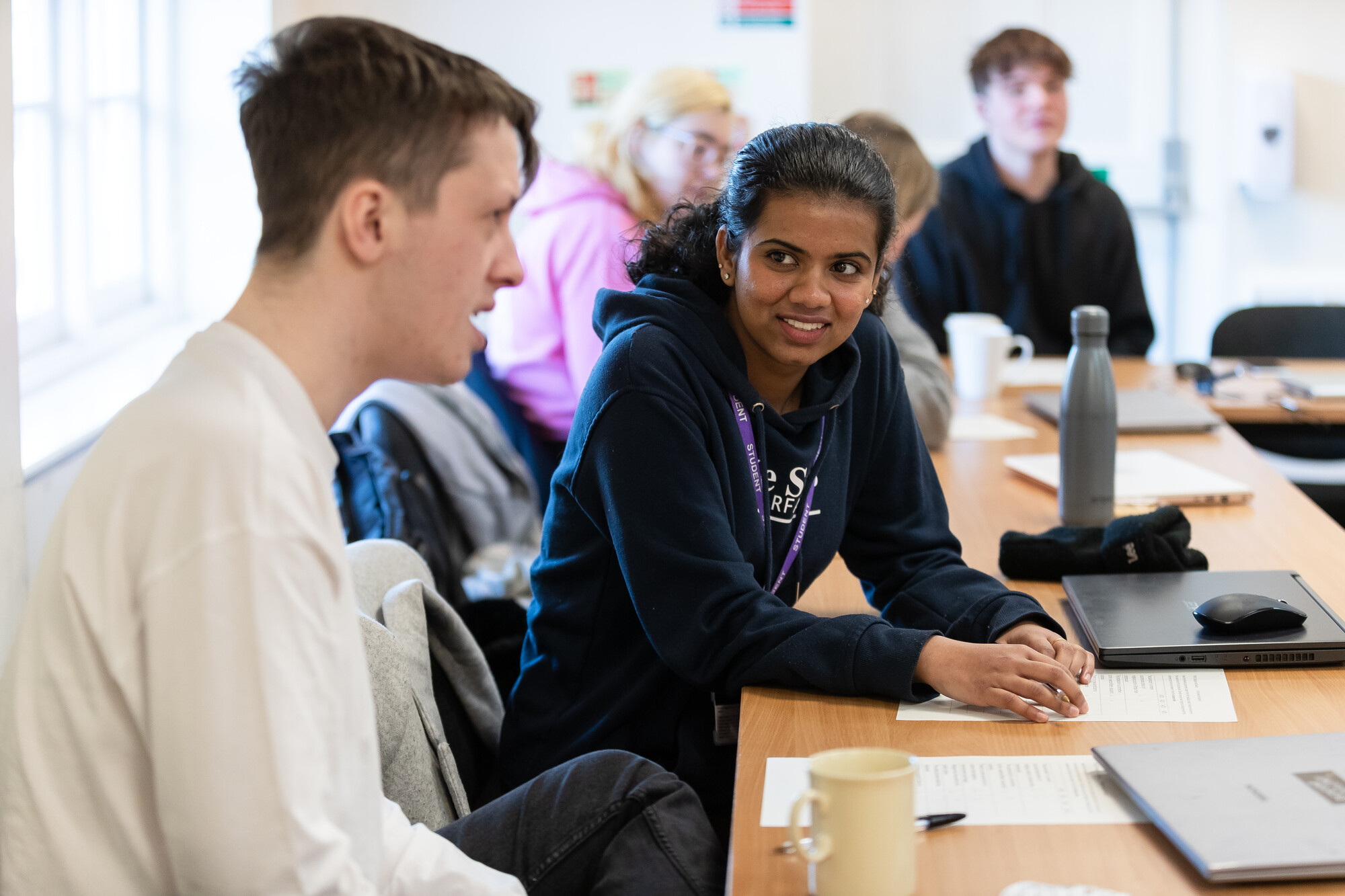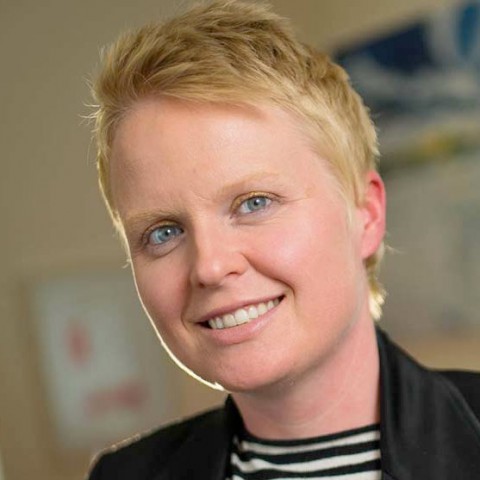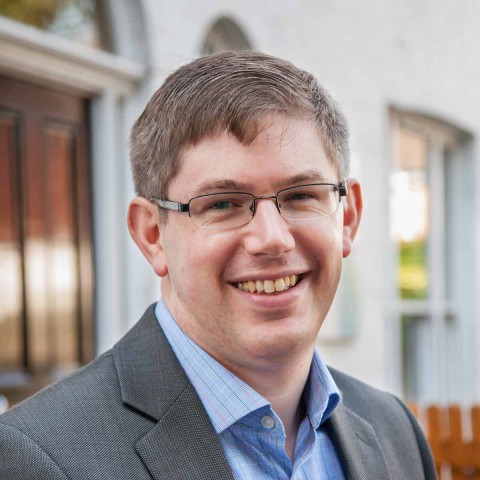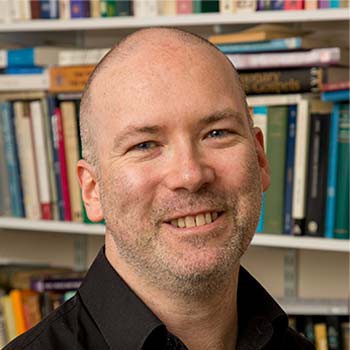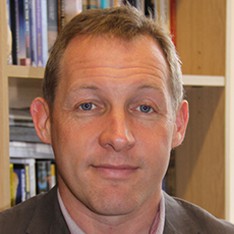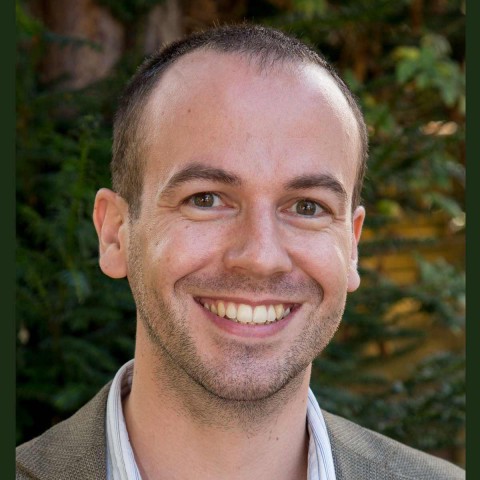Theology and Religious Studies MA

Are you looking for a flexible, research-driven MA which invites you to critically engage with key debates, texts, and traditions in the study of theology, philosophy, and religion? Do you want to be part of a vibrant and inclusive scholarly community, led by leading academics with internationally recognised research expertise? Our Master's in Theology and Religious Studies course allows you to explore your own areas of interest, which could be anything from biblical studies to the social scientific study of global religions, under specialist one-to-one supervision.
Our strong research culture drives our teaching and ensures that you work directly with experts at the forefront of their fields. With the opportunity to undertake taught study in optional topics such as God and Philosophy in the 20th Century, Contemporary Islam, The Book of Revelation, or Qumran and the Dead Sea Scrolls, you can tailor your studies to match your academic and professional interests.
Alongside these taught options, you can choose to undertake independent study under specialist supervision, drawing on the areas within Theology and Religious Studies that most interests you. Examples of possible areas of study (indicative rather than exhaustive) include the following: religion and existentialism; queer theologies; Christology; the Hebrew Bible and the Dead Sea Scrolls; religious ethics and asceticism; political theologies; violence in early Christianity; the anthropology of Islam; religion, feminism, and gender; and contemporary apocalypticisms.
The dissertation module gives you the opportunity to develop your own research interests further and will equip you with the necessary skills to do so. Examples of recent, successfully completed projects include: 'A Textual and Hermeneutical Analysis of the Biblical Exodus Narrative'; 'A Fieldwork-driven Exploration of Prayer in Jehovah's Witness Communities'; and 'A Study of Contemporary Catholic Social Teachings on Gender'. You will first discuss and develop your initial ideas with the course leader, before starting work with a specialist academic who will guide your research and writing on the dissertation from start to end.
Whether you are looking to advance your career, enrich your ministerial development, or simply explore the fascinating complexities of religion in today's world and in history, this MA equips you with valuable critical skills and specialist subject knowledge to do so.
Theology & Religious Studies Postgraduate ‘Find Out More’ events
Meet both staff and students to explore our Master's and Doctoral courses, discuss our PhD options, and learn about the unique nature of postgraduate studies with us. Dates: 6 May and 1 Jul 2026. Book now
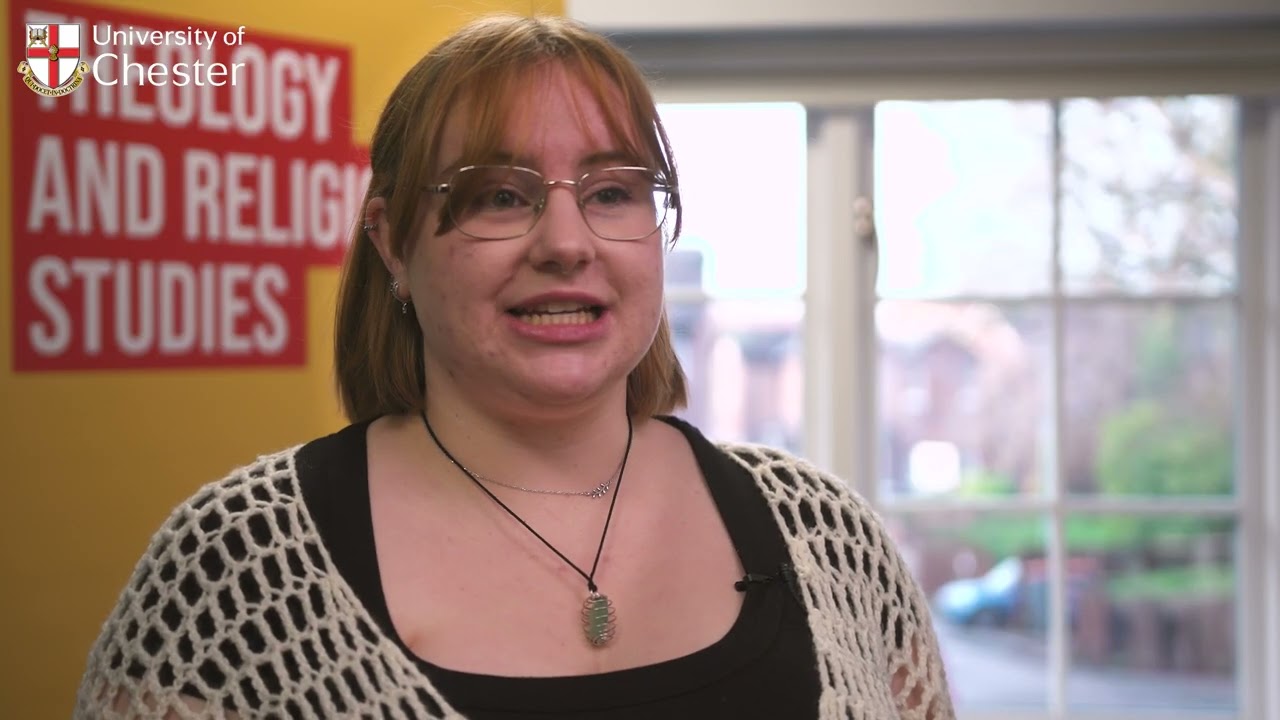
Theology and Religious Studies MA
What You'll Study
You'll study a two-part core module and will undertake a research dissertation on a topic of your choice. You will also choose four optional topics:
The information listed in this section is an overview of the academic content of the course that will take the form of either core or option modules and should be used as a guide. We review the content of our courses regularly, making changes where necessary to improve your experience and graduate prospects. If during a review process, course content is significantly changed, we will contact you to notify you of these changes if you receive an offer from us.

How we teach at the University of Chester
You can choose how you learn, opting for in-person teaching, remote online learning, or any combination of the two that suits you best.
Our state-of-the-art facilities for hybrid learning mean you will be part of a lively postgraduate community spanning the UK, and you will learn alongside peers from diverse backgrounds.
Our course is designed to accommodate students with external work commitments, and all our hybrid seminars take place between 17:00 and 19:00.
Your Future Career
Job Prospects
This course develops skills in empathy, cultural sensitivity, and religious literacy valued by employers. Students may go on to work in a number of professions, including teaching, banking and financial business, marketing and advertising, publishing, civil service, health and social care, counselling, and customer service.
Careers Service
The University has an award-winning Careers and Employability service which provides a variety of employability-enhancing experiences; through the curriculum, through employer contact, tailored group sessions, individual information, advice and guidance.
Careers and Employability aims to deliver a service which is inclusive, impartial, welcoming, informed and tailored to your personal goals and aspirations, to enable you to develop as an individual and contribute to the business and community in which you will live and work.
We are here to help you plan your future, make the most of your time at University and to enhance your employability. We provide access to part-time jobs, extracurricular employability-enhancing workshops and offer practical one-to-one help with career planning, including help with CVs, applications and mock interviews. We also deliver group sessions on career planning within each course and we have a wide range of extensive information covering graduate jobs.
Entry Requirements
2:2 honours degree
Normally a 2:2 honours degree in a Humanities subject is required. Applicants with a degree in another discipline should contact us for advice. Those with appropriate relevant experience but who do not have a degree will also receive consideration.
Please note, applicants for Theology and Religious Studies MA may be invited to attend an interview.
2:2 honours degree
Students from countries outside the UK are expected to have entry qualifications roughly equivalent to UK A Level for undergraduate study and British Bachelor's degree (or equivalent) for postgraduate study. To help you to interpret these equivalents, please click on your country of residence to see the corresponding entry qualifications, along with information about your local representatives, events, information and contacts.
We accept a wide range of qualifications and consider all applications individually on merit. We may also consider appropriate work experience.
Please note, applicants for Theology and Religious Studies MA may be invited to attend an interview.
English Language Requirements
For more information on our English Language requirements, please visit International Entry Requirements.
Fees and Funding
£9,090for a full-time course (2026/27)
Guides to the fees for students who wish to commence postgraduate courses are available to view on our Postgraduate Taught Programmes Fees page. Here you will also find information about part-time fees and project/placement year fees.
£15,500for a full-time course (2026/27)
The tuition fees for international students studying Postgraduate programmes in 2026/27 are £15,500.
Please note: For MSc programmes where a placement or project year is undertaken there will be an additional charge of £2,900 for the placement/project year (due at the start of the second year of the course).
The University of Chester offers generous international and merit-based scholarships for postgraduate study, providing a significant reduction to the published headline tuition fee. You will automatically be considered for these scholarships when your application is reviewed, and any award given will be stated on your offer letter.
For more information, go to our International Fees, Scholarship and Finance section.
Irish Nationals living in the UK or ROI are treated as Home students for Tuition Fee Purposes.
Your course will involve additional costs not covered by your tuition fees. This may include books, printing, photocopying, educational stationery and related materials, specialist clothing, travel to placements, optional field trips and software. Compulsory field trips are covered by your tuition fees.
